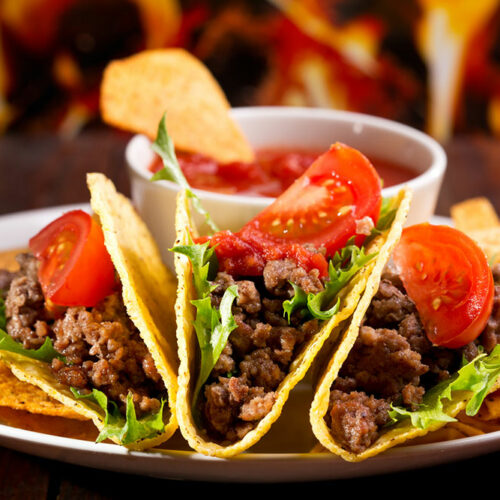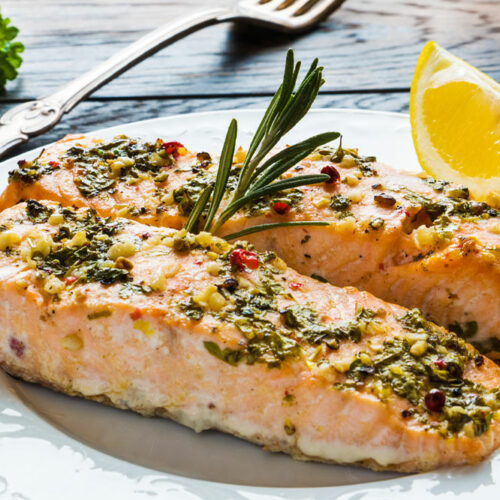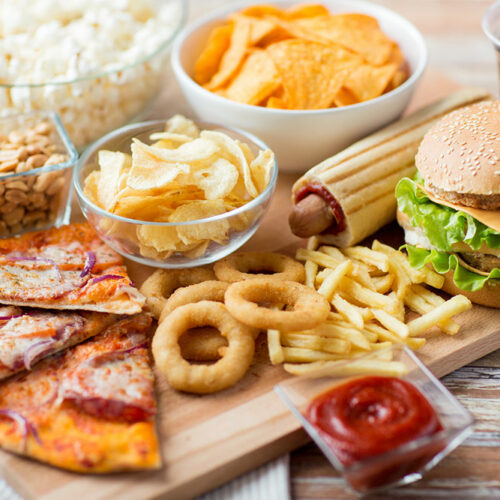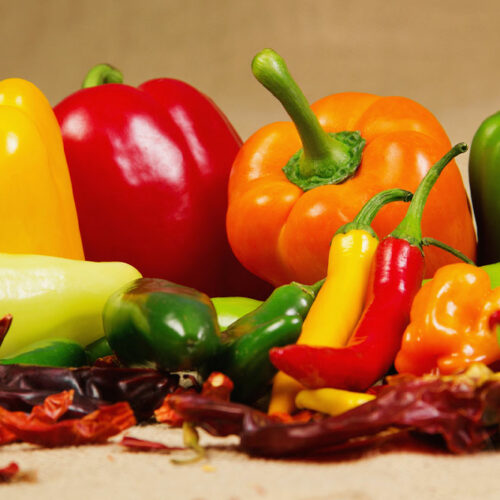9 foods that may worsen COPD symptoms

COPD, or Chronic Obstructive Pulmonary Disease, demands a holistic approach to its management, and food plays an essential role in this process. There is an intricate relationship between COPD and specific foods that can worsen its symptoms. While the effects vary among individuals, understanding their potential implications empowers patients to make informed decisions about their nutrition. Additionally, knowing which foods to avoid can better the condition. Here are nine foods one must avoid with COPD. Salt Sodium, commonly found in salt, is a major concern for COPD patients. A high sodium intake can lead to fluid retention in the body, causing swelling or edema, particularly in the extremities, lungs, and abdomen. As excess fluid accumulates, it elevates blood pressure, placing additional strain on the heart and lungs. This excess fluid can worsen shortness of breath for individuals with COPD who already cope with compromised lung function. Processed meat While processed meats like bacon, sausages, and deli cuts offer convenience, they can be problematic for COPD patients. These meat products often contain unhealthy saturated and trans fats, which can increase inflammation. Moreover, they are usually high in sodium, contributing to the potential for fluid retention and exacerbated symptoms. Sugar Foods and beverages rich in added sugars can disrupt the overall health of individuals, including those with COPD.






